Among high-profile legal prosecutions involving leading figures in Myanmar since the country’s independence struggle, five in particular have attracted national attention. Of the five, all except the trial of the assassin of Myanmar’s independence hero General Aung San have involved military dictators, and two of them were filed against detained State Counselor Daw Aung San Suu Kyi.
Assassination of Gen. Aung San
Gen. Aung San, the father of detained State Counselor Daw Aung San Suu Kyi, was assassinated along with his colleagues during a cabinet meeting at the Secretariat Building in Yangon on July 19, 1947.
U Saw, who harbored grudges against Gen. Aung San as his political rival, and his accomplices were captured the same day. The assassination took place a few months before Myanmar’s independence, and the case drew the attention of the whole nation, as the general was a national figure leading Myanmar’s independence movement.

U Saw was tried before a special tribunal set up by Sir Hubert Rance, the British colonial governor, as Myanmar was still under colonial rule at the time. The Special Tribunal was comprised of High Court Justice U Kyaw Myint and Sessions Judges U Si Bu and U Aung Tha Gyaw. The prosecution was led by Advocate-General U Tun Byu.
The trial took place inside Insein Prison in Yangon, and reporters, law students, relatives of the accused and invited persons were allowed to watch the trial. The court hearings were continuously covered by local newspapers.
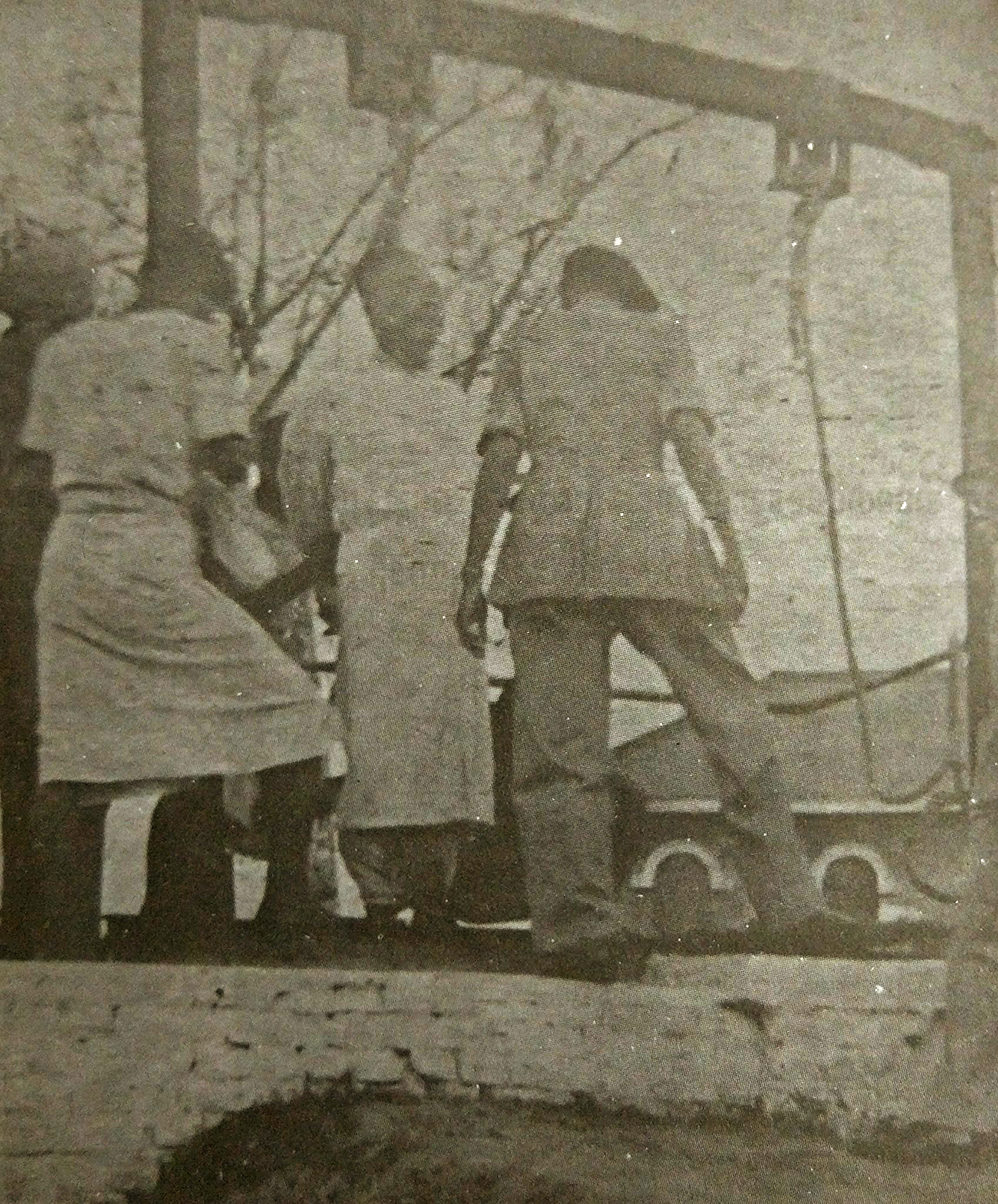
Normally, only lawyers registered in Myanmar are allowed to argue cases at special tribunals, but British barrister Derek Curtis-Bennette was allowed to act for U Saw. The tribunal delivered its verdict in December 1947 after 37 court hearings spanning three months. Six individuals, including U Saw, were given death sentences. He was hanged on May 8, 1948 in Insein Prison after the President and the High Court of independent Myanmar rejected his appeals.
Capt. Ohn Kyaw Myint, would-be assassin
Myanmar came under military rule for the first time in 1962 when military strongman General Ne Win seized power in a coup.
In 1976, Captain Ohn Kyaw Myint, a staff officer serving under General Kyaw Htin, then commander-in-chief of the armed forces, plotted to assassinate Ne Win and some other state leaders. He and his fellow coup plotters were opposed to Ne Win’s “Burmese Way to Socialism”, which they felt was leading the country to economic ruin.
They planned to hand over power to General Tin Oo—Gen. Kyaw Htin’s predecessor and later one of the founders of the National League for Democracy—if the assassination succeeded.
At a dinner to mark Resistance Day (now Armed Forces Day) on March 27, 1976, Capt. Ohn Kyaw Myint and other army officers were waiting for their chance to assassinate state leaders including Ne Win’s protégé, General San Yu, and intelligence chief Colonel Tin Oo. Ne Win was however not at the dinner, as he was honeymooning in Indonesia’s Bali with his new wife, Daw Ni Ni Myint. Capt. Ohn Kyaw Myint and his fellow plotters did not have a chance that day.
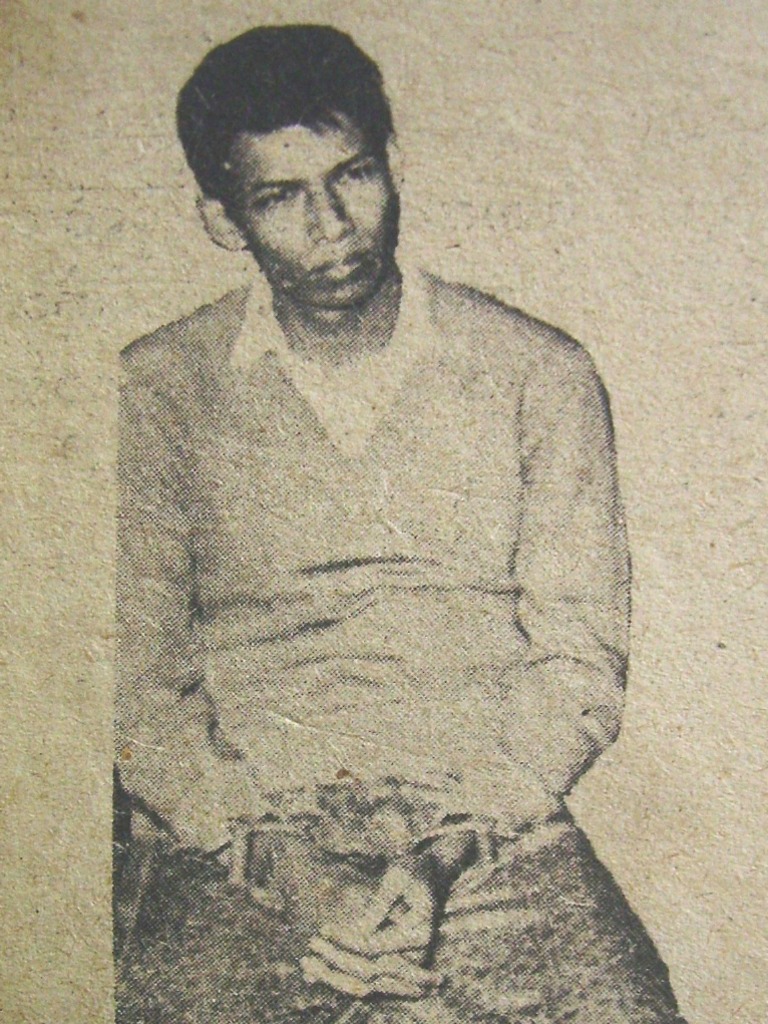
Before they could act, their plot was exposed; the captain sought asylum at the US Embassy, in vain. He was tried before a special tribunal in Insein Prison led by Colonel Ohn Maung, with hearings taking place almost daily.
Than Shwe, who was then a lieutenant colonel and would go on to become Myanmar’s military chief in 1992, was among those who testified at the trial. The courtroom was packed with reporters, veteran lawyers and apprentice law students including U Ko Ni, who would later become an expert on Myanmar’s constitution, law students and foreign diplomats. The trial was also widely covered in the media.
In early 1977, Capt. Ohn Kyaw Myint was hanged and other military officers involved were jailed. U Tin Oo was given seven years. All of those detained were released under a general amnesty in 1980.
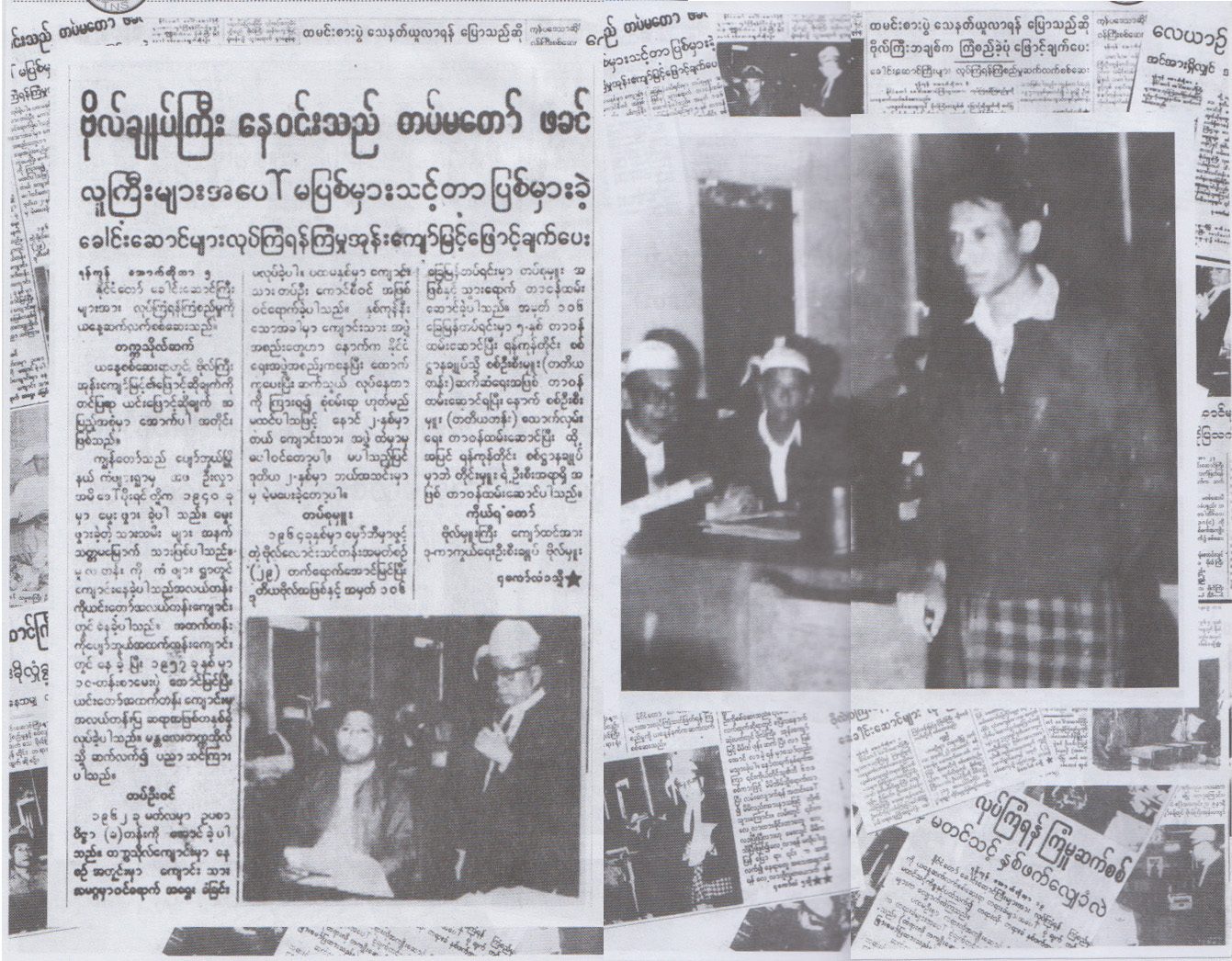
Another significant figure involved in the case was U Win Htein, who at the time of the plot was a military captain. Now a senior NLD member, he has been detained since the February coup and was on Friday sentenced to 20 years in prison. After the assassination plot against Ne Win came to light, U Win Htein was purged from the military for failing to report it. He wrote in his 2016 book “Capt. Ohn Kyaw Myint and High Treason” that Capt. Ohn Kyaw Myint was executed to make sure he could never walk free again, should there be an amnesty and pardon in the future.
Daw Aung San Suu Kyi’s unwanted guest
The case of Daw Aung San Suu Kyi and her uninvited American visitor made local and international headlines.
Daw Aung San Suu Kyi was put under her third house arrest on May 2003. A few days before her scheduled release in May 2009, US citizen John William Yettaw arrived at her home after swimming across Inya Lake, leading to the regime’s prosecution of Daw Aung San Suu Kyi under Section 22 of the State Protection Act.
The NLD leader was detained in Insein Prison for sheltering Yettaw for two days on humanitarian grounds.
People believed the regime used the incident as an excuse to confine her until the 2010 general election was complete. Daw Aung San Suu Kyi, Yettaw and Daw Aung San Suu Kyi’s aide Daw Khin Khin Win and her daughter Ma Win Ma Ma stood trial at a special court in Insein Prison. Foreign diplomats and reporters were given access to the courtroom during the trial, which spanned 85 days.
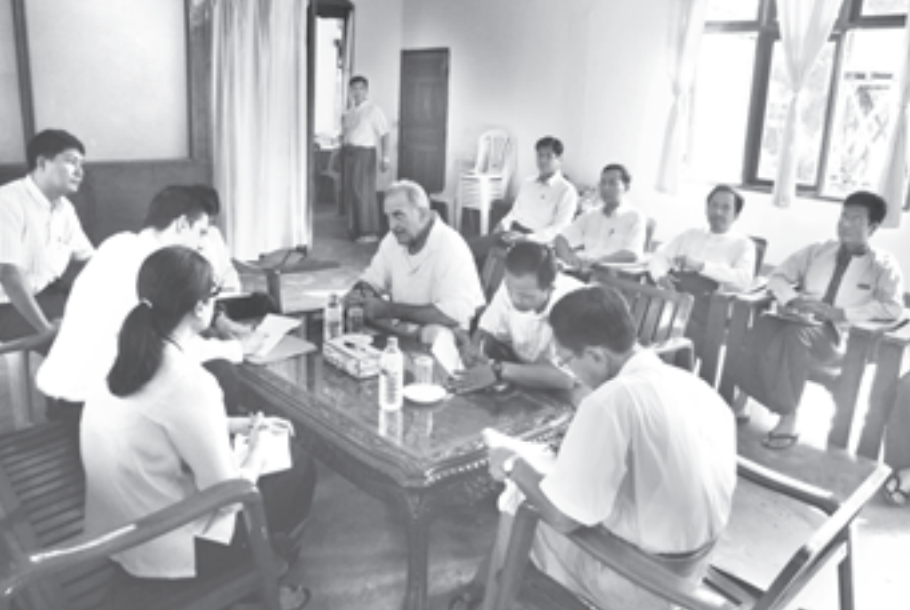
Daw Aung San Suu Kyi and her two caretakers were given three years in prison with labor, and Yettaw was given seven years in prison with labor.
However, regime leader Senior General Than Shwe instructed that Daw Aung San Suu Kyi would only have to serve half of the jail term no matter how many years she was handed by the court. The remainder of the sentence would be suspended and she would be freed from having to serve it if she behaved well, with the sentence to be served at her house.
Yettaw was deported from Myanmar a few months later after US Senator Jim Webb intervened in the case.
Daw Aung San Suu Kyi’s appeal was rejected by the High Court. She was released on Nov. 13, 2010, five days after the general election, the first since the 1990 poll.
U Ko Ni’s Assassination: Death of Daw Aung San Suu Kyi’s legal adviser
U Ko Ni, who was an apprentice of prominent lawyer U Ko Yu around the time of the trial of Capt. Ohn Kyaw Myint, became legal adviser to Daw Aung San Suu Kyi after she won the 2012 by-election and entered the Parliament then dominated by the military’s proxy Union Solidarity and Development Party and military appointees, who are allotted 25 percent of parliamentary seats under the Constitution.
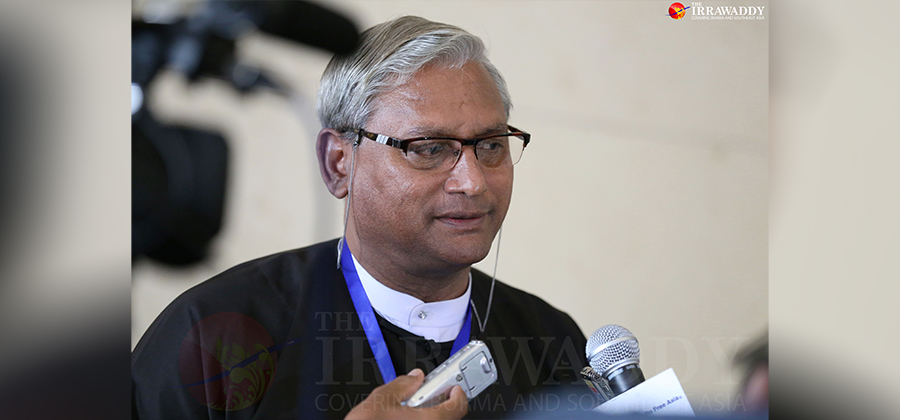
Known for his strong criticism of the military-drafted 2008 Constitution, U Ko Ni traveled extensively to advocate for constitutional reforms to reduce the military’s dominant political role. He was credited with being primarily responsible for the creation of the position of State Counselor for Daw Aung San Suu Kyi, who is constitutionally barred from becoming the country’s President. Many believe he was targeted by the military for his bold attempt to amend the constitution.
The 63-year-old lawyer was shot dead in broad daylight on Jan. 29, 2017, outside Yangon International Airport, on his return from Indonesia with a Myanmar government delegation.
Gunman Kyi Lin was arrested at the scene thanks to a taxi driver who sacrificed his life to capture him. Three of the four main conspirators—Zeya Phyo, Aung Win Zaw and Aung Win Khaing—were identified as ex-military officers. Zeya Phyo, Aung Win Zaw and Aung Win Tun were arrested later, and Aung Win Khaing remains at large.
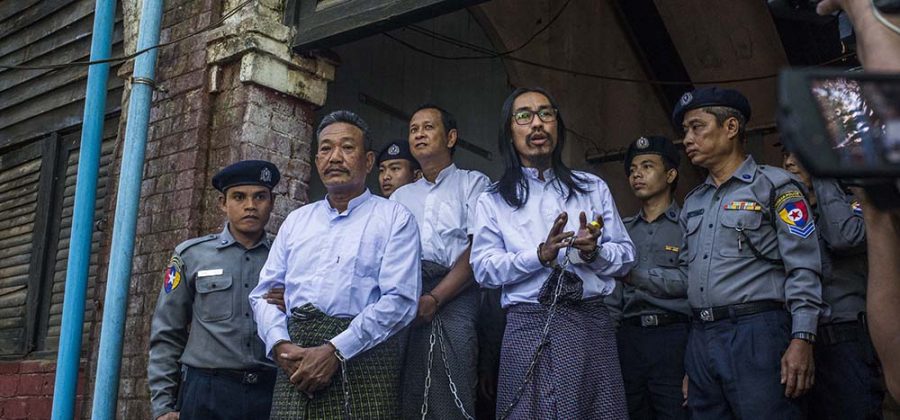
The case was heard at Yangon North District Court. After more than 100 court hearings over more than two years, Kyi Lin and Aung Win Zaw were sentenced to death while Zeya Phyo and Aung Win Tun were given five years with labor and three years with labor respectively, sentences that drew criticism.
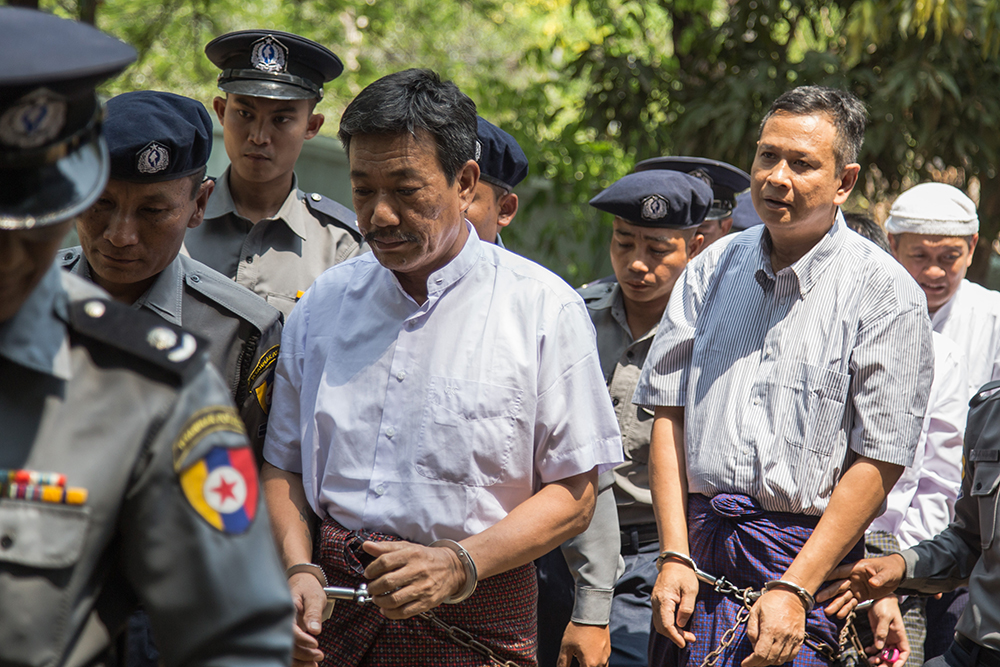
Aung Win Khaing, an ex-colonel and graduate of the 36th intake of the Defense Services Academy who is believed to be the mastermind behind the assassination, was last seen in Naypyitaw and remains at large.
U Lin Zaw Tun, an academy classmate of Aung Win Khaing, served as the personal staff officer of coup leader Snr-Gen Min Aung Hlaing while he was in the army. He later joined the USDP and became a lawmaker in the Lower House.
President U Win Myint and Daw Aung San Suu Kyi: Trials in the dark
These ongoing cases have been hogging the headlines since the Feb. 1 coup. They are the most controversial and legally questionable cases in Myanmar’s modern history, with the junta imposing a total media blackout on their trials.
U Win Myint faces two charges, for incitement and breaching coronavirus regulations. Daw Aung San Suu Kyi faces 11 charges including inciting public unrest, illegally importing walkie-talkies, breaching coronavirus regulations and corruption. If convicted of all 11 charges against her, she could be sentenced to a maximum of 102 years in prison. The United Nations has described the charges against the former leader as politically motivated.
No one knows where the trials are taking place, except that the courtroom is in Naypyitaw and was built specially to hear the cases. Neither U Win Myint nor Daw Aung San Suu Kyi knows where they are being held. Their lawyers do not know, either.
No journalists, diplomats or members of the public have been allowed in court. Daw Aung San Suu Kyi’s lawyers have been the only source of information about the trial.
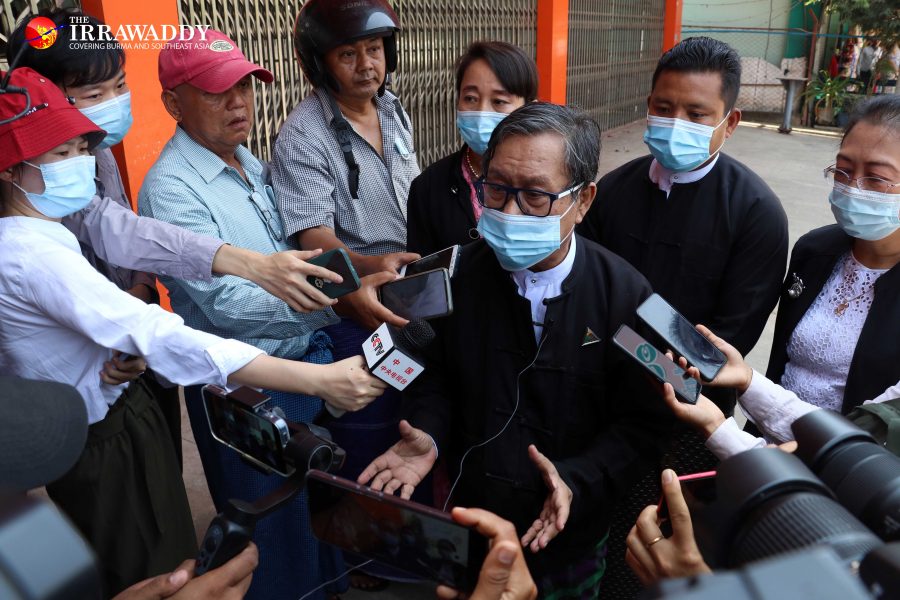
The junta has, however, barred all five of her lawyers from speaking to the media after a lawyer revealed details of President U Win Myint’s testimony in mid-October, when the President said that the Myanmar military tried to force him to resign by making threats against him during the Feb. 1 coup.
The gag order was issued not by judges but by the junta-controlled General Administration Department. Lawyers have criticized it as a move to influence the judicial process, saying it is against the legal principle that a fair trial should be held in an open court.
This week, for the first time, Daw Aung San Suu Kyi and her lawyers mounted her defense in a closed-door hearing.
You may also like these stories:
Myanmar Junta Jails NLD Patron for 20 Years for High Treason
Myanmar Civilian Government Forms Military Command Structure
Myanmar Junta Forces Again Use Civilians as Human Shields

















